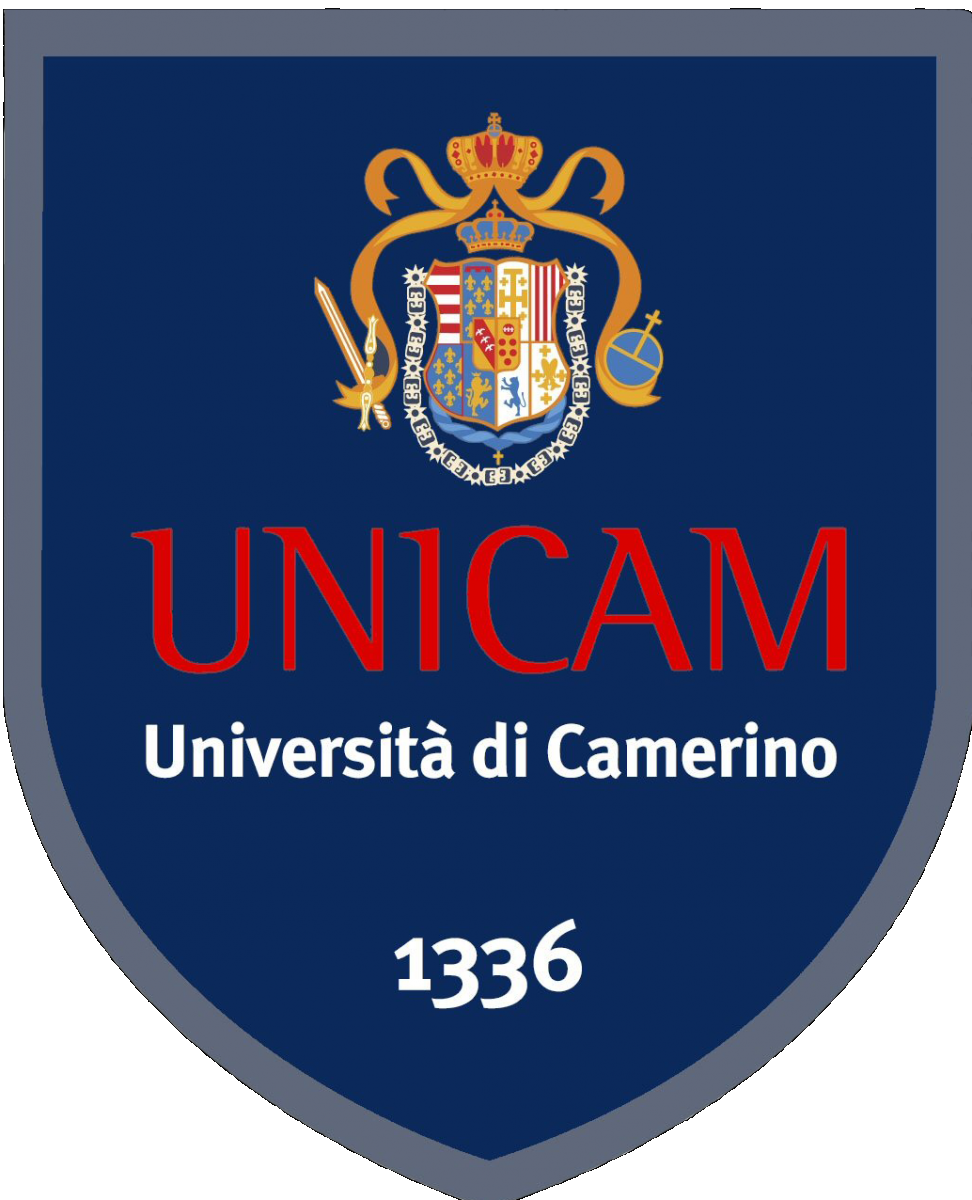About the Project
In the present study, for the first time, a combinative method using Liquid Chromatography-Ion Trap Mass Spectrometry in negative mode in parallel to UV-diode-array detection (DAD), will be applied for the rapid detection/characterization of lignans in legumes crude extracts. The identification and simultaneous quantification of the six major lignans constituents namely, (+)-Isolariciresinol, (+)- Lariciresinol, Pinoresinol, Matairesinol, Secoisolariciresinol and Secoisolariciresinol diglucoside will be established for the first time in at least 30 varieties of common consumed and neglected legume varieties with different proveniences. This study will aim to develop an effective extraction procedure in order to obtain the best yield of lignans from legumes, taking into account the broad chemical variety of these molecules. An attempt to putatively identify new molecules belonging to the lignans family in the legume extract will be also carried out. Through the use of multivariate and univariate analyses of the chromatographic data, differences between legumes will be explored in order to define for each legume variety a lignans profile. Once identified natural lignans profiles, we will test their biological effects on an in vitro model of human inflamed adipocytes (Keuper 2011) as a paradigm of the obesity-induce “metaflammation”. Nutrient excess causes metabolic and structural changes in adipocytes, which initiate transcriptional programs leading to the expression of inflammatory molecules and a subsequent recruitment of immune cells. Recent advances revealed that key regulatory events occur at the genomic and epigenomic levels. As epigenetic is a mediator between gene and environment, adipose tissue inflammation might be the consequence of epigenetic alterations in response to lifestyle and other environmental factors that influence chromatin structure and transcription factor activity (Lecoutre 2014). Considering the established healthy properties of lignans and their possible new interesting role as epigenetic modulator molecules, our aim is to investigate the protective effect on low-grade inflammation of natural mix of lignans isolated from legumes and the possible intermediating role of epigenetic on this process.
